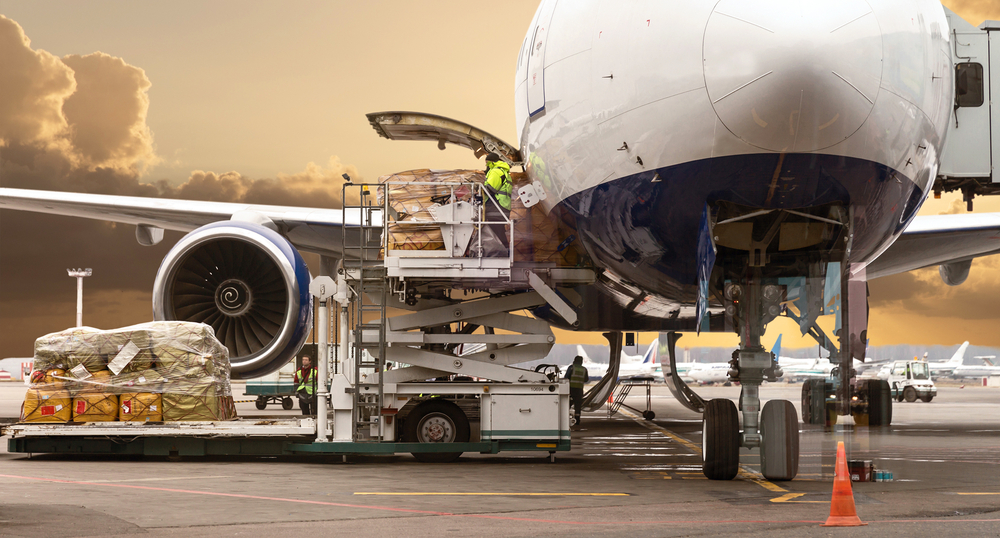Latest B777 conversion programme moves forward
04 / 03 / 2021

Copyright: Shutterstock
Sequoia Aircraft Conversions will partner with advisory firm Split Rock Aviation on a second B777-300ER freighter conversion programme.
The two partners said that Sequoia’s Wichita based B777-300ER freighter conversion programme will focus on weight reductions and design efficiency to meet the most stringent environmental and regulatory requirements. The engineering package will be completed by Wichita State University – National Institute of Aviation Research (NIAR).
“The potential growth with the B777-300ER converted freighter in the 90 metric ton market is ideally suited to replace aging three engine MD-10/11 and slightly larger four engine B747-200/400 cargo aircraft,” they said. “The B777-300ER conversion market could easily exceed 300 conversions.”
More than 800 B777-300ERs have been manufactured to date, utilised by 50 airlines and with almost 40% of the fleet held by operating lessors.
“Originally delivered in 2004, the B777-300ER is now entering the optimal window for a passenger to freighter conversion, extending the life of the asset by another 15-20 years,” the partners said.
David Dotzenroth, chief executive of Sequoia Aircraft Conversions, explained: “We have been working closely with the Wichita aviation community and NIAR to assemble a world-class team and product. We are delighted to have Split Rock Aviation join our team.”
Andy Mansell, a partner at Split Rock Aviation, added: “We believe the freighter converted B777-300ER is a great aircraft that has unbeatable economics for express operators. The challenging secondary market for passenger aircraft combined with the B777-300ER’s strong performance as a freighter will position Sequoia’s conversion program as an optimal path to achieve the best economic outcome”
The first B777 conversion programme was launched by partners Gecas and IAI in 2019. The first aircraft was delivered for prototype conversion in June last year.
The IAI conversion will have a maximum structural payload of 101.6 tonnes and greater volume than the factory built B777F meaning it is optimised for the lower cargo densities of the e-commerce and express operators.














